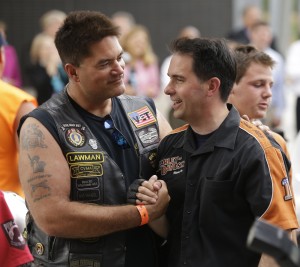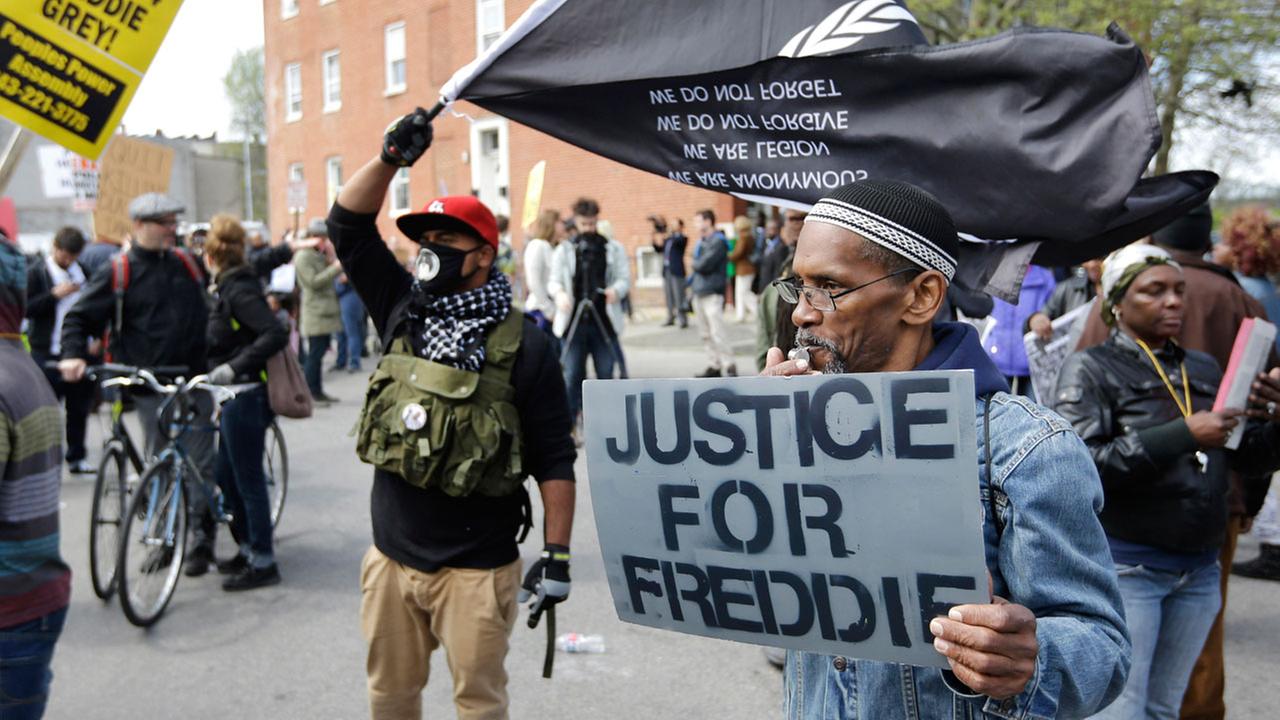
Enter Scott Walker, Stage Right
Thomas B. Edsall
Progressive America Rising via New York Times
April 29, 2015 - As Scott Walker has transformed himself from a three-time statewide winner in blue-leaning Wisconsin to a hard-right Republican primary candidate, he has jumped to the head of the pack in Iowa and New Hampshire.
Walker’s re-creation of his political identity is a test of whether a Republican presidential candidate can win on the basis of decisive margins among whites (while getting crushed among minority voters).
Walker hopes to stand apart from Jeb Bush, a former Florida governor, and Marco Rubio, a Florida senator, who are both taking a more centrist approach. Walker intends to stake out the right side of the Republican spectrum and trump competitors for this niche like Senator Ted Cruz of Texas.
Even as he shifts to the right, however, Walker, a preternaturally careful candidate, is avoiding any explicit suggestion that he is the champion of disaffected white voters. Still, key policy positions — particularly his changing stance on immigration and his attacks on public sector unions — reveal a thoughtfully directed appeal. In 2011, Walker successfully sponsored legislation repealing most collective bargaining rights for government employees. Walker’s anti-union initiative has made him a folk hero to conservatives concerned about what they see as the expanding power of government.
In a recent paper, “The Whiteness of Wisconsin’s Wages,” Dylan Bennett, a professor of political science at the University of Wisconsin, and Hannah Walker, a doctoral candidate in political science at the University of Washington, argue that “Governor Walker and his allies activated the racial animus of white workers.”
Bennett and Walker contend that gutting the power of public sector unions serves as a vehicle to disempower African-American workers, “for whom the public sector is the single most important source of employment.”





![[PDA - Heathcare NOT Warfare - Sign the Petition.]](http://pdamerica.org/images/ads/HealthNotWar_final.jpg)


